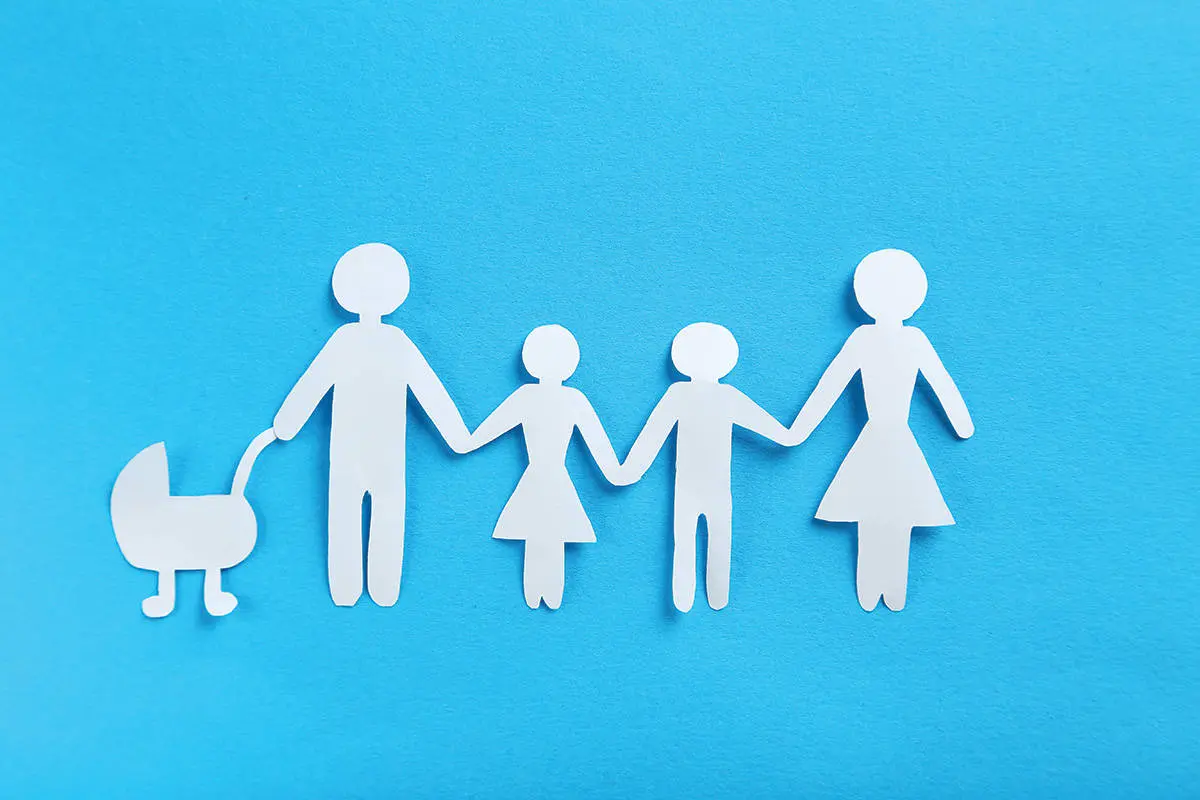By Jeannette Boner
–
Let me start by saying that what follows is simply a guide, a suggestion, a mere glimpse of perspective from one person’s experience—namely, mine—of that first year of motherhood with the man I love. Because, if there is one thing I have learned through pregnancy, childbirth, and those first early months, it’s this: Everyone’s story is different, and not everyone’s advice and/or experience will fit your own.
And I’m just “getting” this now while I sit here seven months into my second pregnancy listening to my two-year-old whine at her father, for no reason at all, because, well, she’s a two-year-old, and she’s more emotional than day two of your menstrual cycle.
Before we start, I’ll tell you, sight unseen, that you are doing great—both of you—regardless of whatever legal or spiritual bond holds you together.
(Yes, you in the sweatpants with a butt you hardly recognize anymore!) You are doing great: every day, every diaper change, every feeding, and every awkward playdate with a mom you’ve never met.
And so is your relationship. I know you don’t believe me because you probably haven’t had sex in two months. OK, let’s be honest: You haven’t had sex in four months, but who’s really admitting that? Me, that’s who!
There is nothing that changes your relationship more than the uncertain path of parenthood. What follows is a road map to what I have learned. As you read it, do so knowing your truth may not necessarily be mine.
He Will Never REALLY Get It
I remember having a conversation with my husband, Brad, before we knew we were having a baby. I said, “I’m afraid that my life will change the most. And your life will change, too, but not that much.”
He insisted this would not be the case, and that we were in this together. But I couldn’t help but think he was wrong. Now, I’m not sidestepping the fact that his life did change, but let’s be real—my life changed the most.
The good news is that Brad insisted he learn how to change a diaper, steam a bottle, and swaddle a crying child. It was impressive, actually. We also worked together to take care of each other—even the small things like fixing two cups of coffee in the morning rather than just one.
But then he returned to work. And at that point, like me, you may have gone back to work, too. But it’s not the same. Your body is still in shambles while he’s skiing Teton Pass. He’s grabbing a beer after work while you’re trying to nurse a baby down. Your schedule is now solely dependent on his schedule. And the role of primary caregiver naturally falls upon you, the mom.
It was the third month into “new baby world,” and I was headed back to work soon. I was sitting in the doctor’s office, crying and holding our child. I didn’t know if I was overwhelmed or just depressed, as I could hardly recognize my world or myself.
The doctor looked at me and said, “Jeannette, motherhood is the most unequal position a woman will ever hold.”
He Can’t Read Your Mind
Nope. No matter how much you want him to, the truth is that he just can’t. In our eleven years together, Brad will still remind me of this fact when I’m upset and he has no idea why. So I tell him, because: Men. Cannot. Read. Your. Mind. But still, I forget this rule.
“I had such a long day today,” I said to Brad over the phone while I was out on a “snooze cruise” one night. It was the only way I could settle the kid during her colicky months. I would drive around and around until she fell asleep.
“I’m sorry,” he said.
“I’ll be home soon. I haven’t done much of anything today except try and soothe this kid.”
I walked into the house around eight o’clock. It was quiet. Brad emerged from the back office with half a beer in one hand and a kiss for me.
“You OK?” he asked.
NO, I thought. No, I am not OK. I dealt with a crying child all day. I am hungry and tired. And why are you drinking a beer? Why are you so calm?
And why don’t you even have water boiling for pasta? I pushed off those feelings and chalked them up to exhaustion. I ate a bowl of cereal and went to bed.
The next morning, I woke up to feed as Brad was getting ready to go for a ski before work. I burst into tears.
“What?” he asked, both frustrated and confused.
“Can’t you understand? I need help! I need you to see the whole picture and figure out what you can do, too. Why do you have to go skiing?”
“I can’t read your mind, Jeannette. What do you want me to do? Tell me.”
And I did. And he boiled some water that night and the night after that. It was the most delicious pasta I’ve ever had.
The Work vs. Home Trap
I recently visited a friend who had just had a baby. She looked the part: sweatpants on, baby on boob, and bedding laid out on the living room couch. On maternity leave for six weeks, my friend was happy for “the break,” but admitted that it was a lot harder than she thought. “I’m so tired, and sleeping on the couch is making things worse,” she said.
She was sleeping in the living room instead of in her bed with her husband because she didn’t want the crying baby to wake him. He was, after all, working, and she was taking her “vacation” time.
Now, first of all, maternity leave is not a vacation! Let’s stop calling it that. There is no beach, no maid service, and no tan lines. This is maternity leave—a place in time carved out for you to recover physically and emotionally from childbirth, a time to take care of this new bundle of disruption and joy, and try and grasp what the hell you just did.
Sure, it’s important that your partner play his role—going out into the world and earning the check—but let’s not fall into the trap that “he works and I stay at home.” Staying at home, in any capacity, to take care of your child is work, hard work. It just looks different than the nine-to-five kind.
So before you start down the road of, “He has to work,” consider that even God rested on the seventh day. Give yourself a break by acknowledging that you, too, are working. Just as hard, if not harder. It will help eliminate potential martyrdom.
You Will Love Him More Than You Thought Possible
I know—ick, right? But it’s true.
Maybe it was all those months of an uncomfortable pregnancy followed by the push (and pull, and push) of thirty-six hours of labor and delivery. Boy! He hung in there with every swear word and gasp of pain I threw at him. But afterward, I remember feeling this rush of solidarity. We did this. Together.
Now, we’ve climbed mountains together, and we have been through happy and sad experiences. But this—this was new and exciting, and no matter how many unboiled pots of water there would be, there was no one else I wanted to travel this path with.

